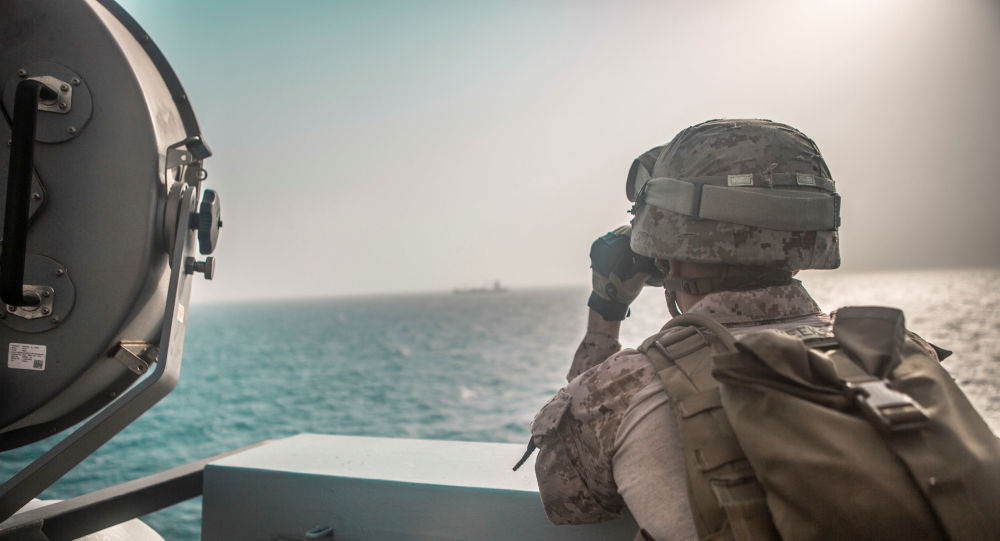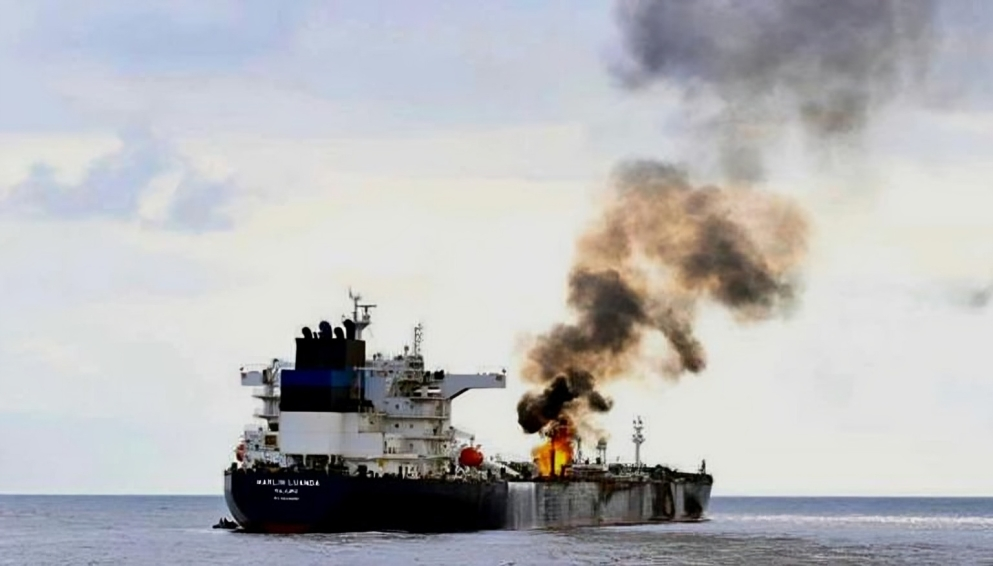
Barran Press
On Wednesday, October 30, 2024, The National reported five potential reasons for the decrease in maritime attacks by the Iran-aligned Houthi group, which is designated as a terrorist organization. The report also highlighted a growing isolation among Houthi leaders due to fears of being targeted.
According to the report, Houthi attacks in the Red Sea have fallen to three per month during September and October, with fewer assaults on shipping since around October 18. There have been several incidents since then, including threatening approaches by small boats typically used by the Houthis, as noted by British maritime trade operations linking commercial vessels to military forces in the area.
The decline in attack frequency may be attributed to various theories, including a shortage of ammunition, particularly drones, or weakened coordination with their Iranian backers, who previously provided intelligence on target vessels using a "spy ship" in the Red Sea.
The report also referenced two Israeli strikes that damaged oil and energy infrastructure in Hodeidah, as well as a recent significant U.S. airstrike on an underground weapons depot, which may have further shaken the group.
A Western diplomat commented, "It is clear that Houthi leadership is concerned about being targeted and appears increasingly isolated and hiding in decision-making." The diplomat emphasized that Israel and the West have clearly outlined the consequences of attacking civilians and shipping.
The Houthis are reportedly attempting to distract the population from the costs of engaging in a foreign war, following extensive damage to Hodeidah port during recent conflicts with Israel. Indications suggest that this might be straining their relationship with the local population.
The Houthis have tightened restrictions on the populace, harshly suppressing anyone accused of celebrating North Yemen's Independence Day on September 26, which was observed before the group seized control of much of northern Yemen. The leadership is facing increasing pressure and appears desperate, despite a strong social media presence.
Whether due to ammunition shortages or tactical changes, the decline in attacks over the past three months may have been further influenced by the U.S. airstrikes on October 18. According to the U.S. Department of Defense, these strikes targeted five underground weapons storage sites using B-2 bombers and powerful bunker-busting bombs, marking a significant escalation compared to previous strikes.
Since November, the Houthis have continued their missile and drone attacks against commercial shipping in the Red Sea, Arabian Sea, and Gulf of Aden. Their actions have led to increased maritime insurance costs, prompting many international shipping companies to opt for the much longer route around the southern tip of Africa.
To deter the Houthis and protect maritime navigation, the United States formed a multinational coalition in December 2023 and intermittently conducts strikes against Houthi military targets.





